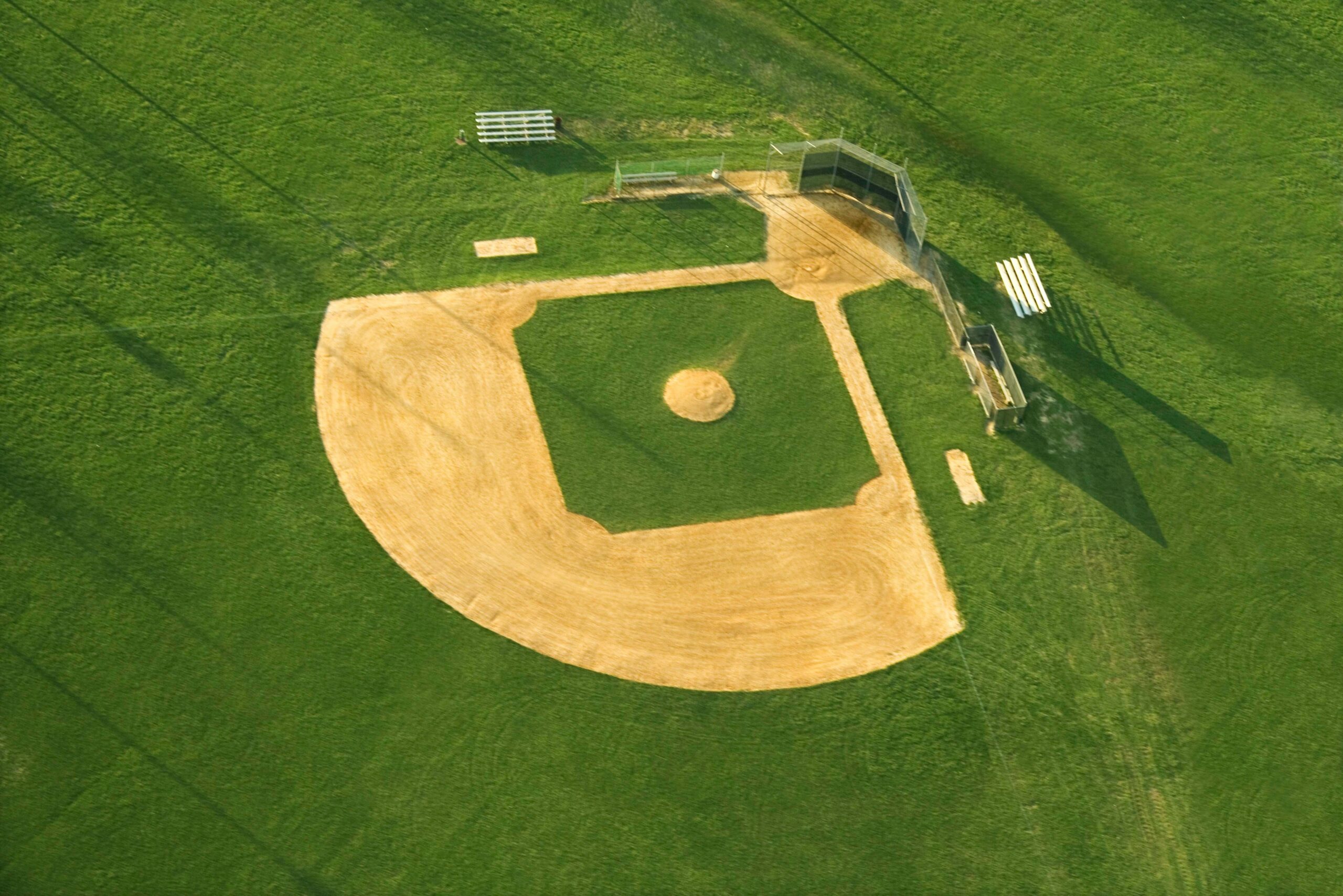
Travel baseball teams face unique challenges. These athletes must balance limited practice time with peak performance, unlike regular teams. Essential drills that cater to this dynamic help players improve their skills, stay game-ready, and build team cohesion. Here’s a breakdown of drills tailored for travel teams to maximize their effectiveness during practice sessions.
Focus on Fundamentals
Travel baseball often involves intense competition, but success begins with mastering the basics. Drills focusing on fundamental skills, such as throwing, catching, and hitting, ensure players maintain consistency under pressure.
- Throwing Accuracy Drill: Set up targets at various distances and angles. Players aim to hit these targets with consistent throws. This not only hones accuracy but also strengthens arm endurance.
- Catching Consistency Drill: Use soft-toss or machine-assisted drills to practice catching fly balls and grounders. Include variations like backhand and forehand catches to mimic game scenarios.
Quick Reaction and Decision-Making
Fast-paced games demand split-second decisions. Reaction-based drills enhance a player’s ability to respond effectively to dynamic situations.
- Reaction Cone Drill: Scatter cones in random patterns. Players start in the center and react to commands by sprinting toward a specific cone. Incorporating a ball into this drill further simulates real-game situations.
- Live Ball Situations: Simulate in-game scenarios where players must decide on the best action. For example, practice double plays or cut-off throws to enhance their awareness and strategic thinking.
Building Speed and Agility
Speed and agility are crucial for every position. Quick movements on the bases or in the field can turn a routine play into an advantage.
- Base Running Sprints: Practice running the bases, focusing on speed and efficiency. Emphasize proper rounding techniques at each base to shave seconds off running times.
- Ladder Drills: Use an agility ladder to improve footwork. Quick steps through the rungs build coordination and speed essential for infielders and outfielders alike.
Enhancing Hitting Skills
Travel baseball players often face pitchers with varying styles and speeds. Hitting drills can help players adapt to these differences.
- Tee Work: Players practice hitting off a tee to perfect their swing mechanics. Position the tee at different heights and angles to mimic diverse pitch locations.
- Soft Toss with Variations: Toss balls from different sides to train players to adjust their timing and aim. This also helps hitters learn to handle inside and outside pitches.
Improving Team Chemistry
Travel teams may not practice together as often, so building trust and communication is vital.
- Relay Race Drills: Split the team into small groups and organize relay races involving catching, throwing, and running. These activities build camaraderie while refining key skills.
- Communication Drills: Set up situations requiring players to call for the ball or communicate with teammates. This can involve pop-up practice or infield coordination drills.
Maximizing Limited Practice Time
Travel schedules often leave teams with limited practice opportunities. Coaches must prioritize efficiency and adaptability.
- Station-Based Drills: Divide the team into small groups, rotating through different drill stations. This keeps all players engaged and ensures quick, comprehensive skill coverage.
- Short Burst Practice: Focus on intense, time-bound drills that simulate game conditions. For example, practice situational plays in five-minute intervals to emphasize quick learning and adaptability.
Incorporating Conditioning into Drills
Travel games can be physically demanding, especially during tournaments. Blending conditioning with skill drills ensures players build endurance while refining their abilities.
- Ground Ball Fitness Drill: Players field ground balls and sprint to first base after each throw. This combines cardio training with defensive practice.
- Hitting Sprints: Players sprint to a designated base after each swing in batting practice. This reinforces the importance of quick transitions from hitting to running.
Mental Resilience Training
Travel baseball comes with the added stress of being away from home. Mental preparation can be just as necessary as physical drills.
- Visualization Exercises: Players close their eyes and visualize themselves succeeding in various game scenarios. This builds confidence and reduces performance anxiety.
- Pressure Simulations: Create game-like pressure situations, such as bases loaded with two outs. Encourage players to focus on their execution under these simulated high-stress conditions.
Travel baseball teams can thrive by focusing on essential drills that balance fundamental skills, physical conditioning, and mental toughness. Incorporating these drills into practice sessions ensures players remain competitive and cohesive, even with the challenges of being on the road. By emphasizing efficiency and adaptability, travel teams can maximize their time and succeed in any game.